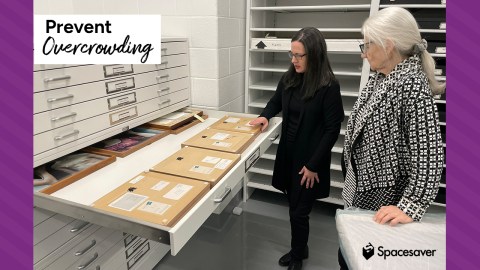What will be the first robot to be a part of your everyday life?
OK, it may already be the Roomba–the little autonomous vacuum cleaner (80% of which are given names by their owners.) But I don’t think Roombas will radically transform our lives, or the operation of our museums.
Self-driving cars will.
Transportation (together with time) is one of the biggest barriers to people using our physical museum resources. If you don’t live in a city with a good public transportation grid (that would be most of them), often the only practical way to reach a museum is by car. That leaves many people stranded–teens old enough to visit a museum without supervision but too young for drivers licenses; elders with ample time to enjoy what museums have to offer, but who can no longer safely drive themselves; people with visual, physical or cognitive limitations that keep them from driving.
Whether they are privately owned, or form the backbone of ubiquitous autonomous taxi-fleets, self-driving cars could transform the economics of transportation, its ecological impact and our city landscapes.
Whether they are privately owned, or form the backbone of ubiquitous autonomous taxi-fleets, self-driving cars could transform the economics of transportation, its ecological impact and our city landscapes.
The technical aspects of self-driving cars are rapidly being worked out. Highway driving is pretty much nailed, and now programmers and engineers are tackling the myriad challenges of city driving. (See 2 min vid, below.) Autonomous cars are already legal in four states–the biggest remaining challenges are cultural (how fast will people wrap their heads around the concept, and come to trust the technology) and regulatory.
Your Futurist Friday assignment. Watch the Google vid and think about the following points:
- How do the majority of your visitors reach your museum now?
- Are their audiences that can’t or don’t use your museum now, that might if autonomous vehicles become commonplace?
- What concerns does this technology raise for you (personally or professionally)?








